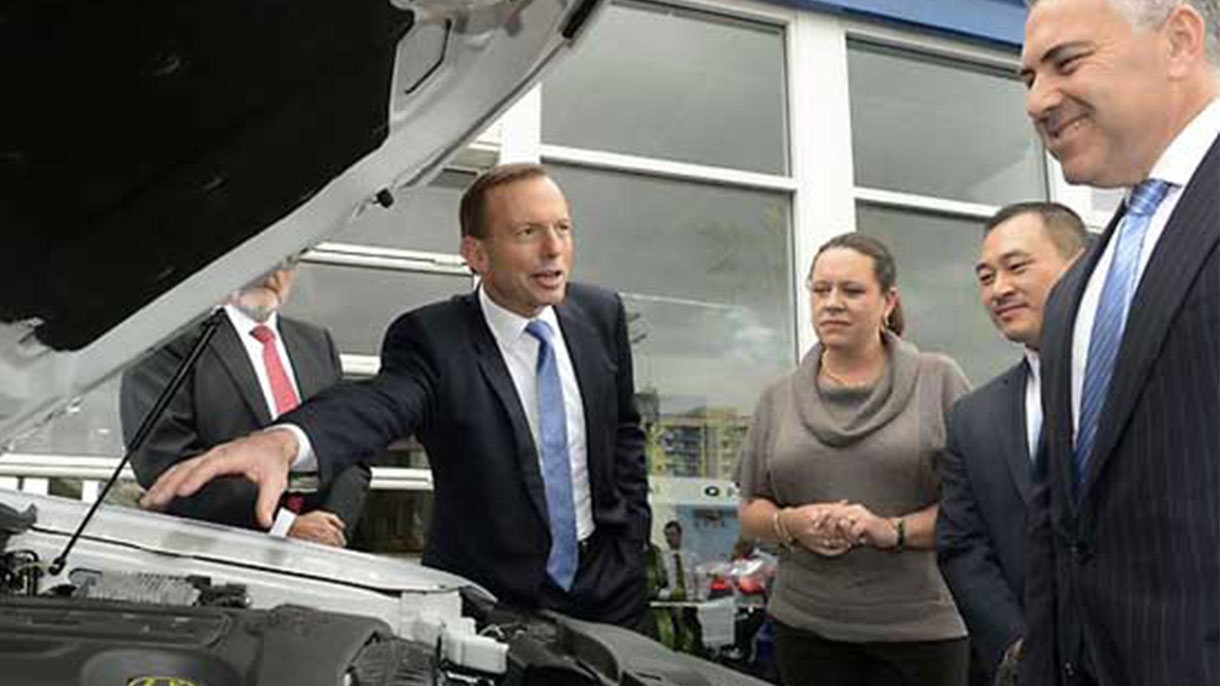Australia Open For Business – Labor’s FBT hit 'dead, buried and cremated'
Labor’s job-destroying FBT hit on the automotive leasing industry is “dead, buried and cremated” with the election of a Coalition Government.
Shadow Finance Minister Andrew Robb said scrapping this ill-conceived $1.8 billion Labor tax hit on the car industry should be seen as a symbol that Australia will be “open for business” under an Abbott Government.
“This decision, which Labor made without any consultation, immediately resulted in job losses in the leasing industry and threatened to erode the pay and conditions of hundreds of thousands of workers with employer provided, salary sacrificed vehicles.
“After discussions with business, charities, the not-for-profit sector, local councils as well as the automotive industry, it was clear to us that Labor’s unexpected change to FBT treatment, would have dire consequences,” Mr Robb said.
“In its wake major leasing businesses were forced to immediately put off staff as orders for new vehicles dried up overnight, company share prices plummeted and charities such as the Salvos reported that the tax hike would cost them alone millions of dollars a year.“
Labor told us this was a ‘rort’ and that the changes would only hit the ‘fat cats’ on big salaries who drove ‘Mercs’ and ‘Beemers’ when the truth is the vast majority of workers with salary sacrificed vehicles earn well under $100,000 per year and drive Holdens, Fords and Toyotas worth around $35,000.
“Many of them are hardworking nurses, teachers, police, public servants and charity workers. Industry figures show that just 5 per cent of salary sacrificed cars are in the luxury category. The union movement which represents many of these hard working Australians should be ashamed of its silence over Labor’s attack on the working conditions of its members.
“The automotive sector led by people like Andrew McKellar of the Australian Automobile Association and Leigh Penberthy of the Australian Salary Packaging Industry Association, are to be congratulated for the strong stand they took on behalf of the industry and the people it employs; its message was heard loud and clear.
“The removal of this noose from around the industry’s neck will allow it to get back to business and plan for the future with a sense of certainty and stability,” Mr Robb said.






